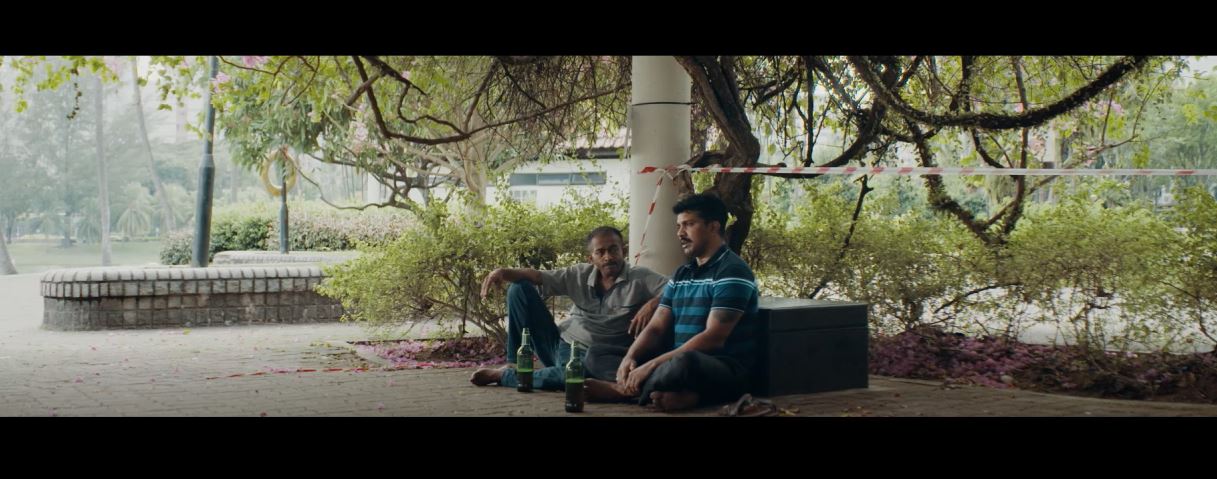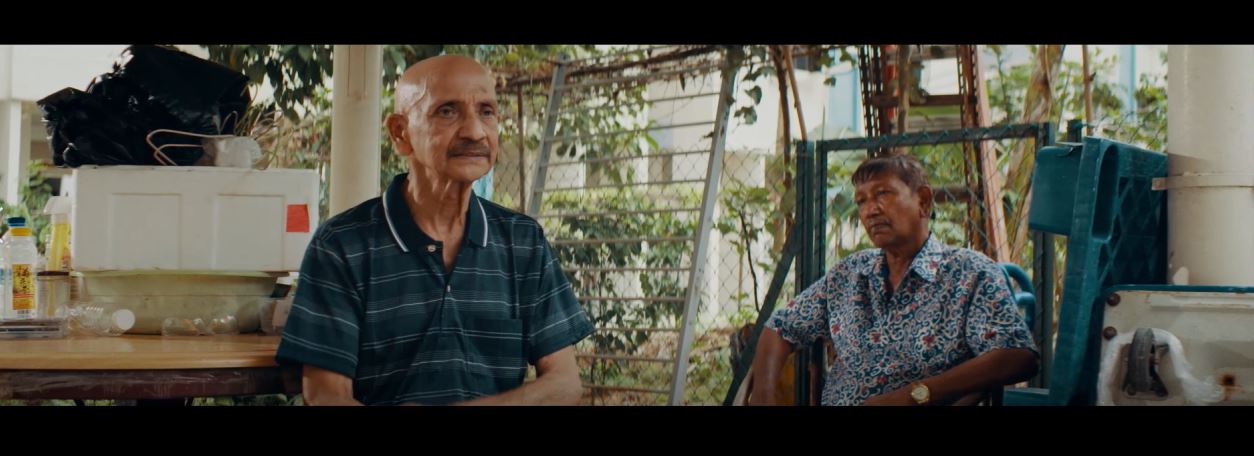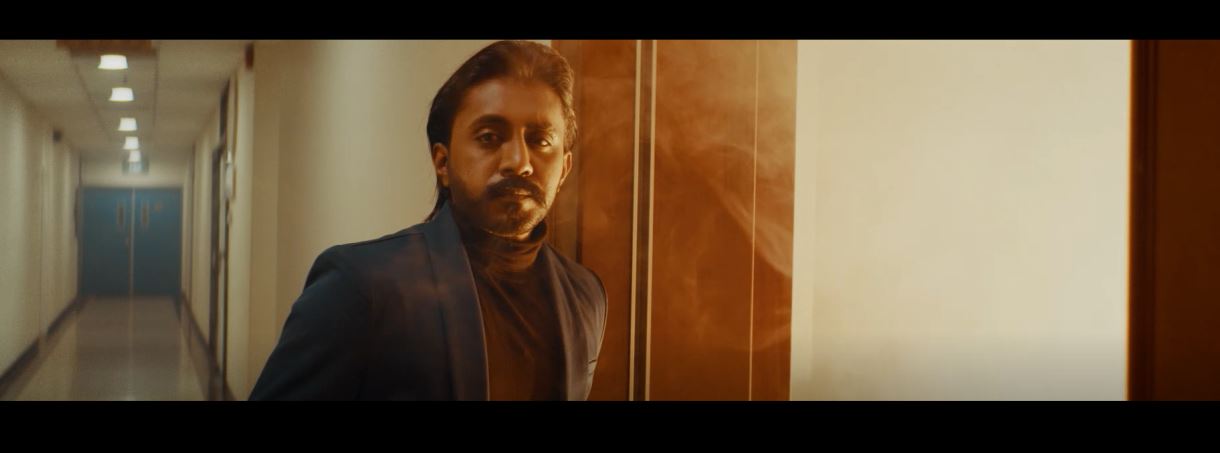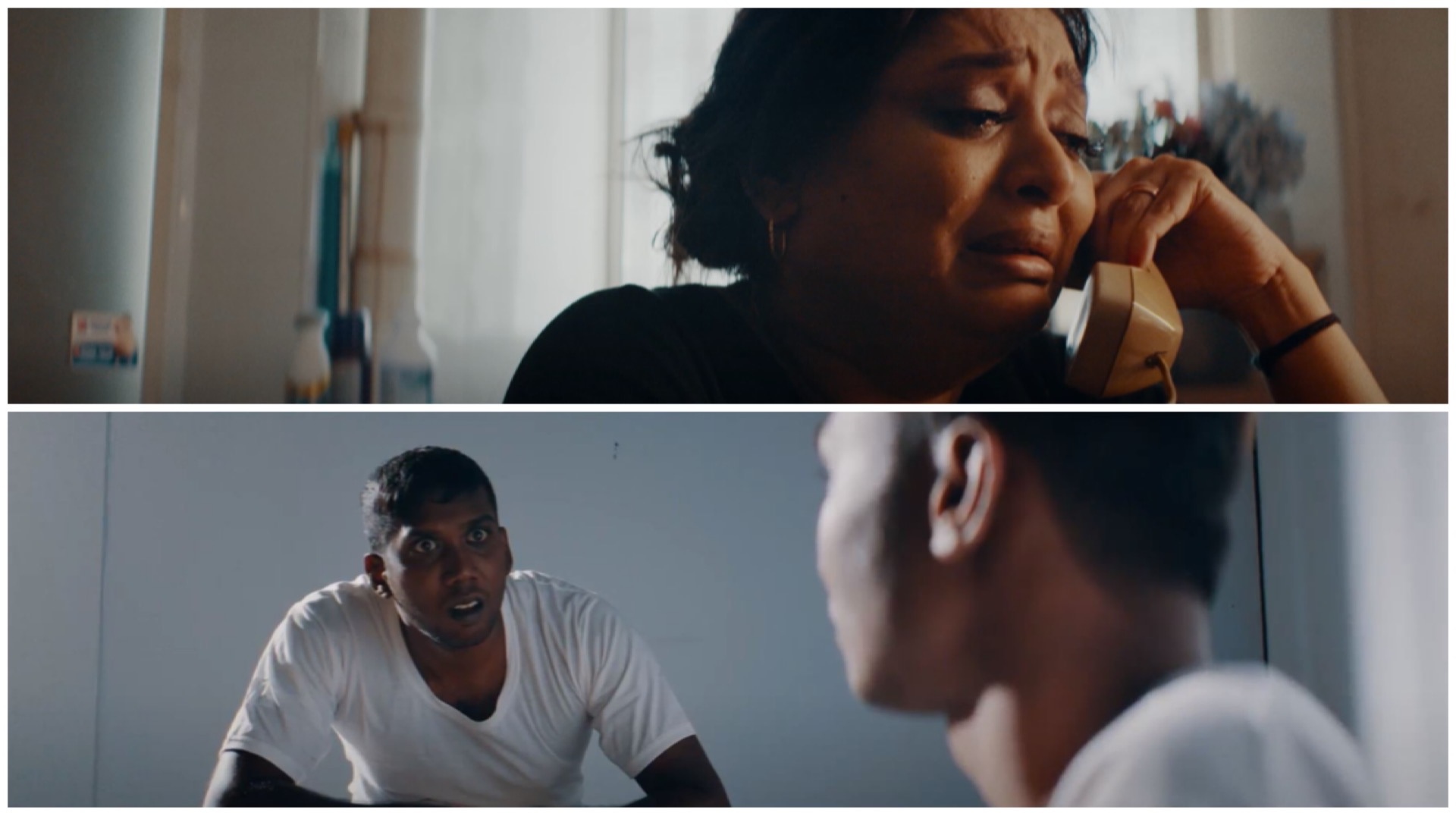True-Crime Docuseries "Pitham Kaniya" Delves Into Fatal Tipping Points
The great Polish-British novelist and author of "The Heart of Darkness" penned a chilling observation of mankind in another book, "Under Western Eyes": "The belief in a supernatural source of evil is not necessary. Men alone are quite capable of every wickedness."
"Pitham Kaniya" ("As The Madness Ripens"), a true-crime Tamil docuseries by Comicbook Entertainment, turns the spotlight on some of Singapore's most heinous crimes, and presents them through chillingly realistic re-enactments that are interspersed with analyses by psychotherapists and clinical psychologists.


"In this series we explore crime from a psychological angle - the overwhelming emotions embroiled in it and how they disease the mind. What does it take to turn man evil? Is there evil inside you?" says series writer Malene Waters, who adds that the team searched for stories that were "unpredictable and twisted in their own ways".
"Some stories were lost over time," she explains. "For example, we have a story of a rapist who killed a child rapist in their shared prison cell because he considered the latter's offence to be absurd and that the latter's life was not worth living, which we found interestingly bizarre. We have another true crime that dates back to 1950!"

Also at the helm: filmmaker and director Abbas Akbar, and his brother, award-winning musician, actor and producer Shabir, who scored the show and wrote its haunting theme song (sung by Vinaita Sivakumar).
We speak to the trio about their foray into the genre of true crime, and the emotional rollercoaster rides taken not only by the characters in the show but also the viewer.


What a tour de force this series is - congrats! Abbas, the director and one of the executive producers of "Pitham Kaniya", what was the most challenging aspect of this project?
Abbas: Thank you so much. Finding crimes that suited our criteria was the most challenging aspect of the series. From the beginning, we understood that the success of the series depended heavily on the crimes that we selected to feature. And so we started to look for a variety of crimes that were not identical (which caused us to reject many of them).
Secondly, to ensure relatability to the target audience, we only curated crimes committed by Indians. This reduced the number of cases that we could showcase.
Lastly, to meet the first two criteria, we had to go back in time, which meant finding cases that were not available online as they belonged to the pre-digital era. As such, we had to spend a lot of time in the National Library, and speaking to lawyers from that era who could recall such cases from memory.
What motivated you to shoot this in a letterbox format, and how does it help to tell the stories?
Abbas: The wideness presented by the lenses had a unique effect. It allowed the viewer to see more but it also gave a distinctive look to our series (as raised by our editor). Also, subconsciously, it provides the audience a new experience. In a market where there is a vast amount of content, at Comicbook, we are always thinking of refreshing and bold ways to differentiate our content visually from the rest in a prominent way.


Malene, this is your first foray into the true crime genre - how and why did you end up focusing on the topic of true crime in Singapore?
Malene: What interested me in the true crime scene in Singapore is how, although we have a tough criminal justice system here, brutal crimes still happen. Why doesn’t the idea of capital punishment deter criminal minds from executing their intentions and plans? It started from here and the whole series took the angle of studying the emotional lives of the perpetrators, their psyche, their victims without being didactic and judgemental.
What were some of the challenges you faced writing material that can be violent, triggering or sensitive?
Malene: Being an extremely empathetic person, I tend to feel a lot for the victims and my mind starts playing out the story of the what-ifs, and [considering] the side of the victim’s stories. I hate it when people say he/she deserved it because of their actions that may have provoked the perpetrator to commit the crime. Hence, I strived to be impartial without condemning or stereotyping any of the characters.
As much as I feel disturbed by a particular crime - like the case of 13 stabs to the face or or the child being thrown off a building or acid being thrown on someone’s face - I feel a responsibility not to demonise any of the criminals while creating a gripping story based on facts.
Also, I think we often detach and distance ourselves from the crime when it happens, and when we read or hear about it. We have the tendency to numb the fact that these were real people - real lives were lost. I intended for the series to bring the audience closer to what happened in reality, while still providing a safe environment for the viewer, and maintaining the dignity and respect of the loved ones still around.

Shabir, there is such a wide range of emotions involved in every heinous story - madness, sadness, frustration, anger, desperation, and yet also love and compassion. How did that affect or inspire your musical compositions - not only of the enigmatic theme song but also the scoring?
Shabir: We were always trying to be contrapuntal with the score. If the scene was something very serious, we would try to be tender with the score. There's a lot of heart in it - music has got to do with emotions, not just the craft, but the art is in the heart. We treated the music very emotionally. Sometimes, there's no score, there's absolute silence when the biggest act of crime is happening. That's also music, that's part of the scoring process.
In terms of the music, we were very clear about where we wanted to head from a technical and creative standpoint. Ultimately, it aligns with the philosophy that we are not in a place to judge [the characters], who have already been judged, so the best thing we can do as artists is to present them as humanly as possible.
What do you hope viewers will take away from watching "Pitham Kaniya"?
Shabir: As an executive producer, I hope they enjoy our fresh take on the genre of true crime (from the use of anamorphic lenses to the score), and be informed about the possible reasons as to why [the perpetrators] may have resorted to these crimes.
Apart from the entertainment factor, I hope it makes them think about how right is something that is right, and how wrong is something that is wrong. Between white and black, there is grey. Is it just about the criminal resorting to the crime? Or is it society abetting the crime in a way that we are not conscious about?
As an artist, I hope the audience can get in touch with and feel those grey areas through the music presented in the series.
Watch all episodes of "Pitham Kaniya" here.
For the latest updates on Wonderwall.sg, be sure to follow us on Facebook, Instagram and Telegram. If you have a story idea for us, email us at [email protected].











